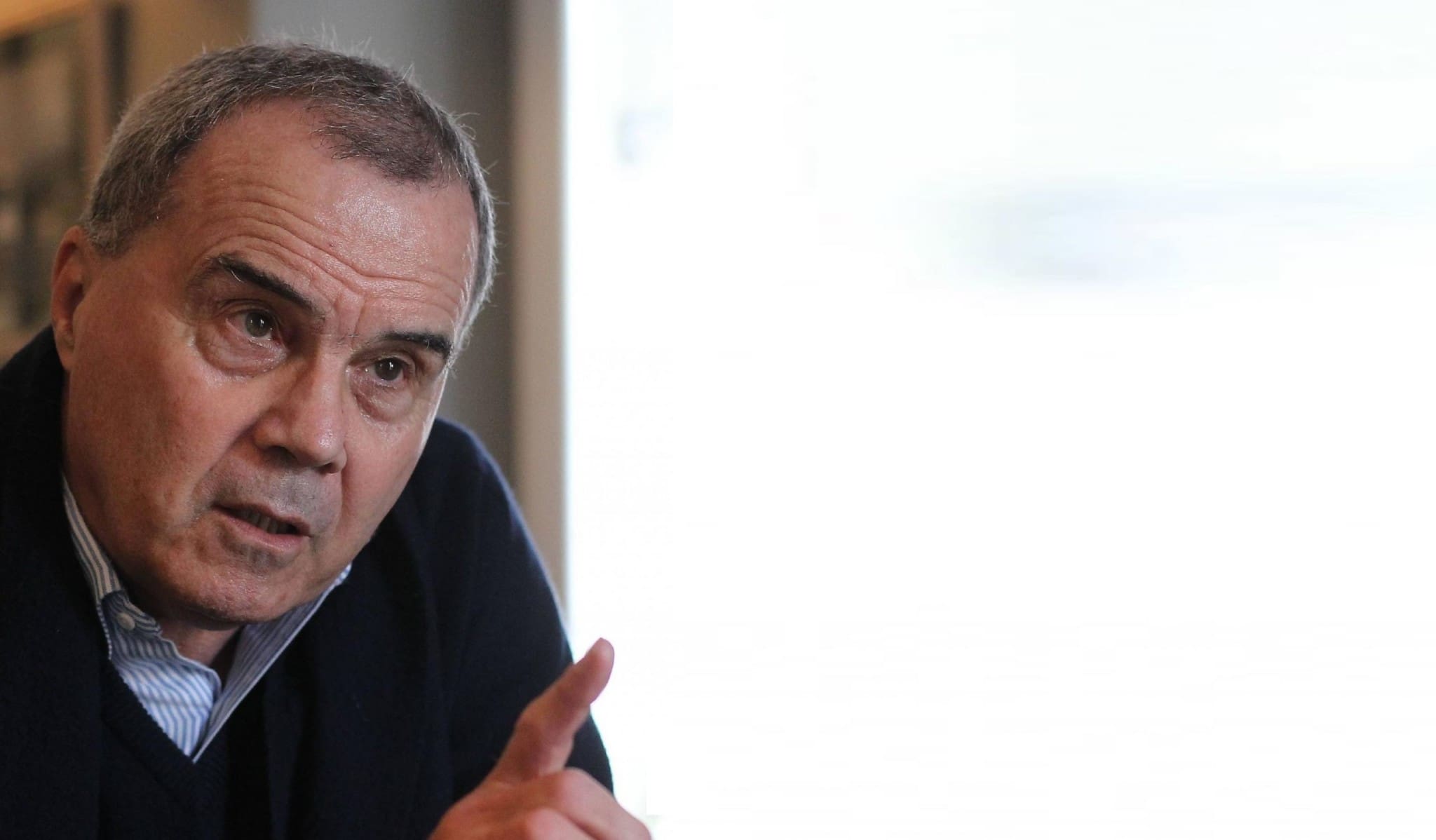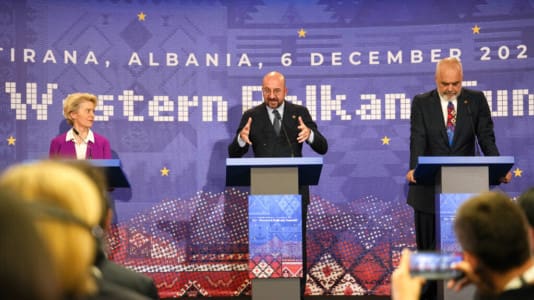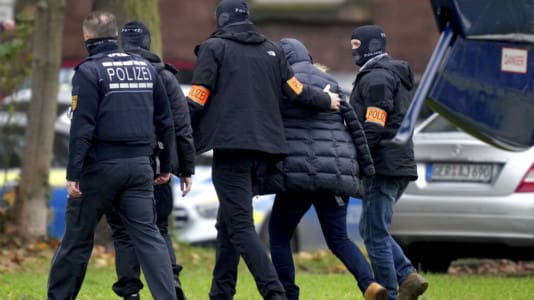Of all the challenges facing France, immigration is the “only one that threatens civil peace,” the former head of the country’s secret service warned in a recently published speech to the Gaullist Amicale of the Senate.
Pierre Brochand, the former director of the General Directorate for External Security (DGSE) between 2002 and 2008, said in a speech on Nov. 15 and recently published in Le Figaro newspaper, that the level of immigration into France has had “a cross-cutting impact on all of our collective life, which I consider to be generally negative.”
He was keen to highlight that immigration in general is “not an evil in itself.” However, he said the “very particular immigration that we have been subjected to for 50 years” has translated into a “creeping third-worldization of French society,” arguing it had caused “regression in key areas, such as education, productivity, public services, safety, and civility.”
[pp id=32844]
The former head of the DGSE, which is the equivalent to the British MI6 and American CIA, warned against the French government and electorate being advised by the mainstream media such as the New York Times, or humanitarian lobbyists such as SOS Méditerranée, because those who lobby for a particular policy “are never the payers” and “if we do not take charge of our vital interests, no one will do it for us.”
Where are we going?
Dissecting his intervention into three parts, the first of introduced via the question, “Where are we going?” Brochand sought to “debunk the myth” recently pushed by French President Emmanuel Macron that France has always been a country of immigration.
“For 1,000 years, from the Carolingians to Napoleon III, nothing happened” with regard to immigration, Brochand claimed, adding that since 1850 the country has experienced three waves of new arrivals.
The first wave, he claimed, saw those of “Euro-Christian origin, discreet, hard-working, grateful” individuals arrived in France who were aligned economically and politically with the country’s ethos. The second began in the 1970s; he said this was the “exact opposite of the first,” describing the newcomers as coming from “the third world of highly failing societies,” the majority of which were from the “Muslim religion, as well as originating from our former colonies.” He argued the levels of immigration during this wave “overwhelmed” the country as successive governments oversaw “flows on autopilot.”
The third wave he claimed was “triggered 10 years ago by the so-called Arab Spring,” which has been the wave with the most “harmful consequences.”
Where are we now?
Brochand highlighted that the recent influx of immigration over the past few decades has resulted in the importation of religious discord, colonial antagonism, and “the scourge of racialism” into the country.
He spoke of the fact there are now 25 times more Muslims residing in France today than in the 1960s, a religion within which exists certain factions of “jihadism, Salafism, Islamism, and cultural re-Islamization,” which Brochand claims are “all symptoms now present on our soil.”
Echoing Charles de Gaulle, Brochand said one must have a “hummingbird’s brain” to forget that Muslims and Europeans have been involved in religious conflicts for centuries and that it would be naive to believe that among at least some, “a resurgence of this age old rivalry” will not materialize.
He spoke of varying incompatible principles that contradict the Western way of life, such as the “primacy of blood ties, a patrilineal kinship system, control of women, social surveillance of sexuality, endogomy (the custom of marrying only within the limits of a local community), honor killings… not to mention polygamy or even witchcraft.”
[pp id=45799]
Making reference to the social challenges posed by the recent influx of immigration, he explained that many arriving from communities elsewhere “not only have disputes with France, but also between themselves.” He highlighted ongoing feuds between North Africans and sub-Saharans, Algerians and Moroccans, Turks and Kurds. You have “Afghans, Chechens, Sudanese, Eritreans, Somalis, Pakistanis, ready to do battle, each on their side … without forgetting the frightening (…) oriental-type of anti-Semitism.”
He argued that despite France attempting to pursue a policy of assimilation, this was quickly abandoned “out of self-denial but also out of necessity, because the volumes we accepted very quickly exceeded this very demanding threshold.”
What are we going to do?
The former intelligence chief called the current “criterion of nationality” an impossible means to evaluate “the repercussions of a phenomenon that largely escapes it.” It is thus imperative to “orient ourselves towards so-called ‘ethnic’ statistics and projections, the prohibition of which is only hypocrisy and a culpable preference for ignorance.”
Brochand said that France needed to “get out of our straightjacket and take back, by finally showing political will, the steering wheel of the crazy truck that has been driving itself for 50 years.” He proposed six goals to achieve this.
The first is to attack head-on legal immigration, which he claimed “should be divided by at least 10.” The second is to cut down on the number of visas, including for students, granted to countries at risk by 20 or 30 times, and to abolish “all rewards for cheating” by arriving illegally.
Third, authorities should “attenuate the social attractiveness of France by removing all non-contributory benefits for foreigners, specifically HLM, a form of low-income housing for which foreign nationals can apply.
Fourth, France needs to reduce the types, duration, and numbers of residence permits and stop automatic renewals.
Fifth, it should cut the automatic right to apply for nationality. And lastly, France must strengthen “Christian secularism” by no longer neutralizing only the state and education establishments, “but also the public space, the universities, and the business world.
Concluding his speech, he mused whether General de Gaulle would have reacted differently to the current struggles of the country, saying, “If he had been in power for the past half-century, he would never have gotten us into the mess that I have described tonight, and if he were resurrected, I fear he would take me for a very timorous moderate.”






